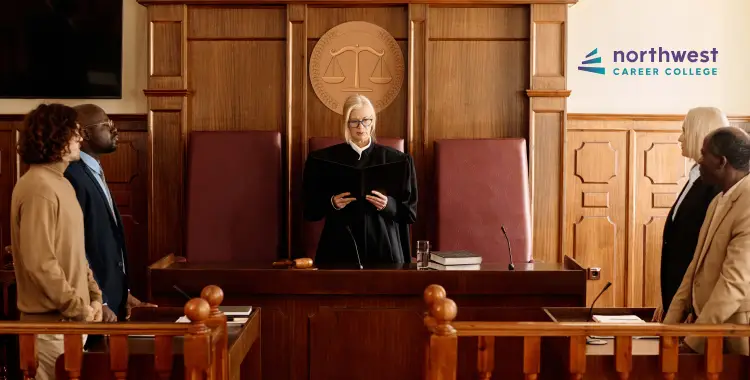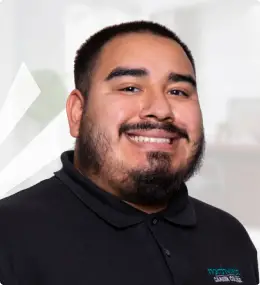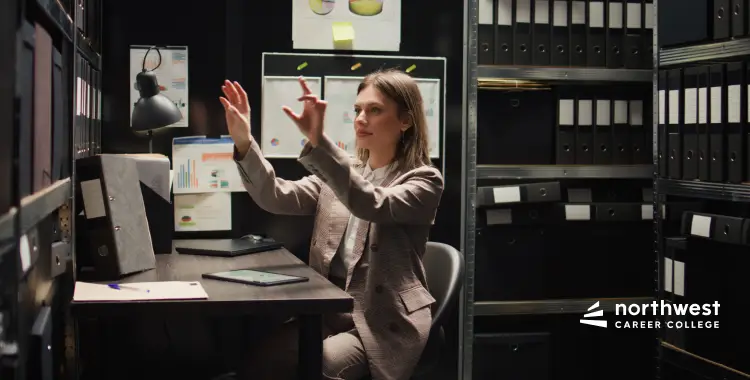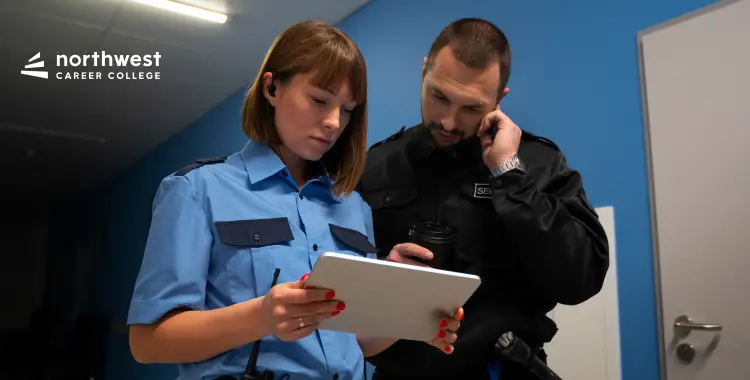What is a Juvenile Justice System: The Key Differences from Adult Courts
- October 31, 2025
- 1.2k views
- 4 min read
If a young person breaks the law, their case is not handled the same way as it is for an adult. One of the main reasons is that kids and teenagers are still growing, learning, and making mistakes, and the justice system understands this.
Did you know that there were approximately 123,000 serious violent crimes perpetrated by 12 to 17-year-olds in 2021 in the United States? That is quite a number, and it indicates that even youth can make decisions such that they end up in serious trouble.
The Juvenile Justice System is a specialized segment of the law that is more concerned with rehabilitating young people and making them better rather than simply punishing them.

Table of Contents
What Is the Juvenile Justice System?
The Juvenile Justice System is a special part of the legal system specifically for those who violate the law before reaching 18 years of age. It is designed for teenagers and children, not for adults.
Rather than simply concentrating on punishment, the juvenile justice system attempts to reform young people and enable them to make better choices in the future. The objective is to educate, not to punish.
Here, you may see words such as “delinquent” used in place of “criminal” and “detention center” in place of “jail.” They’re trying to convey that children have an opportunity to learn and mature, so they’re given a second chance.
The system includes:
- Juvenile courts
- Probation programs
- Counseling and education
- Youth detention centers (only when needed)
It’s designed to give young people the tools and support they need to avoid trouble in the future.
Differences between Juvenile and Adult Courts
Juvenile courts and adult courts work quite differently and with different emphases. In juvenile court, the goal is to learn from what you did wrong and put things right. The process is more discreet, and the words used are gentler as if you’re referred to as a “minor” or “delinquent” rather than “defendant.”
Adult courts emphasize more jail time and stricter procedures. Adult trials are typically open to the public, and the punishments can be far more severe and of much greater length.
Juvenile cases typically involve counseling, schooling, and community service instead of jail. The system is geared toward steering kids in the correct direction, not punishing them.
What Happens During a Juvenile Court Case?
The procedures of a juvenile case are different as well. Here’s a simple outline:
- Intake: The juvenile probation officer reviews the case and determines the next step.
- Detention Hearing: If necessary, a hearing will decide whether the youth will remain at a detention center until the court date.
- Adjudication: It’s a trial, but less formal. A judge decides whether the young person committed the offense.
- Disposition: If the youth is a delinquent, the judge determines a counseling plan or another program and/or probation.
Often, the court involves the family and the community to provide the young person with a strong support group.
Can Juveniles Be Tried as Adults?
For severe offenses such as violent crimes, juveniles (often teenagers 16 years and up) may be tried as adults. If they are tried as adults, they receive the full consequences of the law as adults do.
This procedure is called a “waiver” or “transfer.” But this isn’t typical. The vast majority of children remain in the juvenile justice system, where the intention remains the same: helping them, not punishing them.
Learning when and under what circumstances a juvenile will be transferred to the adult courtroom is vital if you intend to work within law enforcement, security fields, or the courts.
Final Thoughts
Knowing how the juvenile justice system works enables you to understand why the treatment of young people differs from that of adults. Young people make errors, but also have a good opportunity to learn, grow, and create a new beginning. The system is more concerned with guidance and support than punishment. It is more concerned with helping, not with locking people up.
If you’re interested in making a real difference in your community, working with youth, or helping shape a fair justice system, consider a career in criminal justice. Enroll now in the Criminal Justice Professional Program at Northwest Career College!




